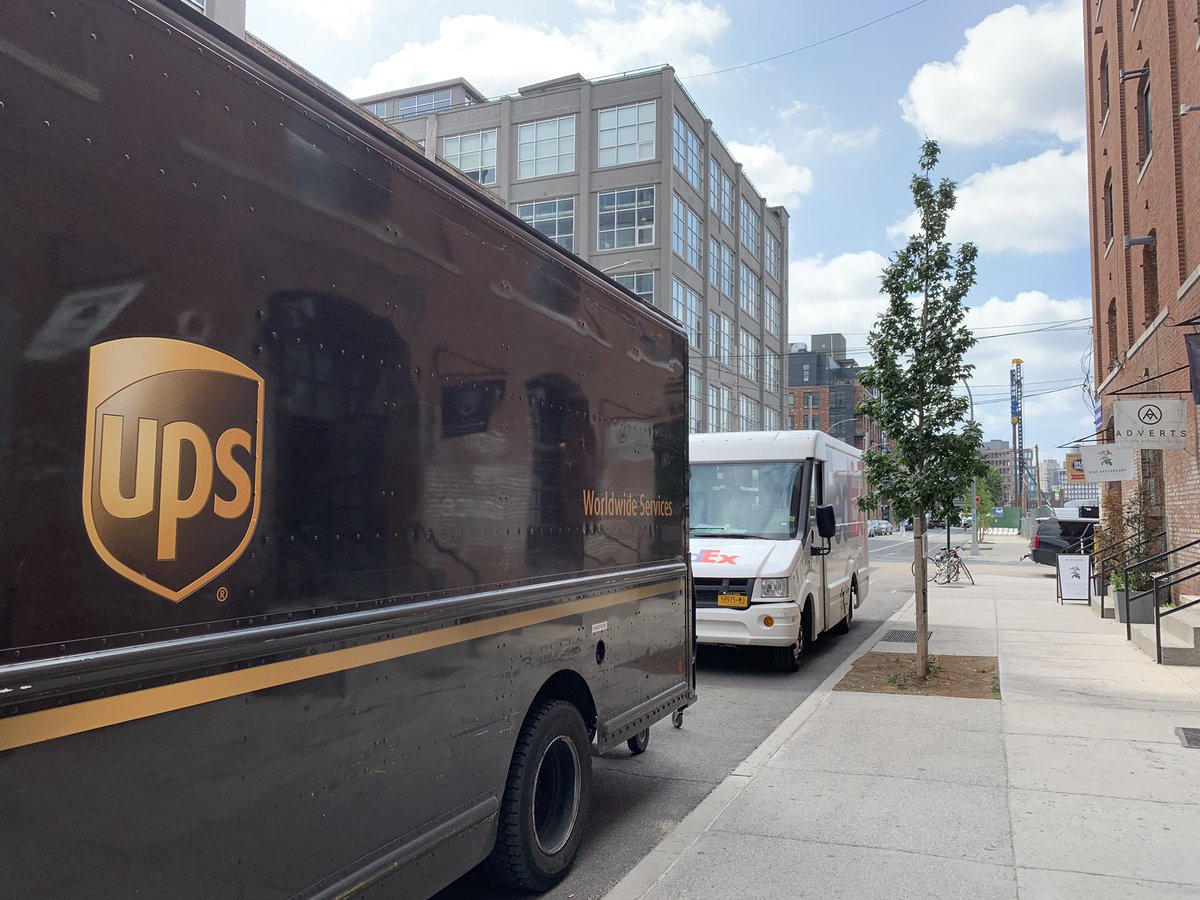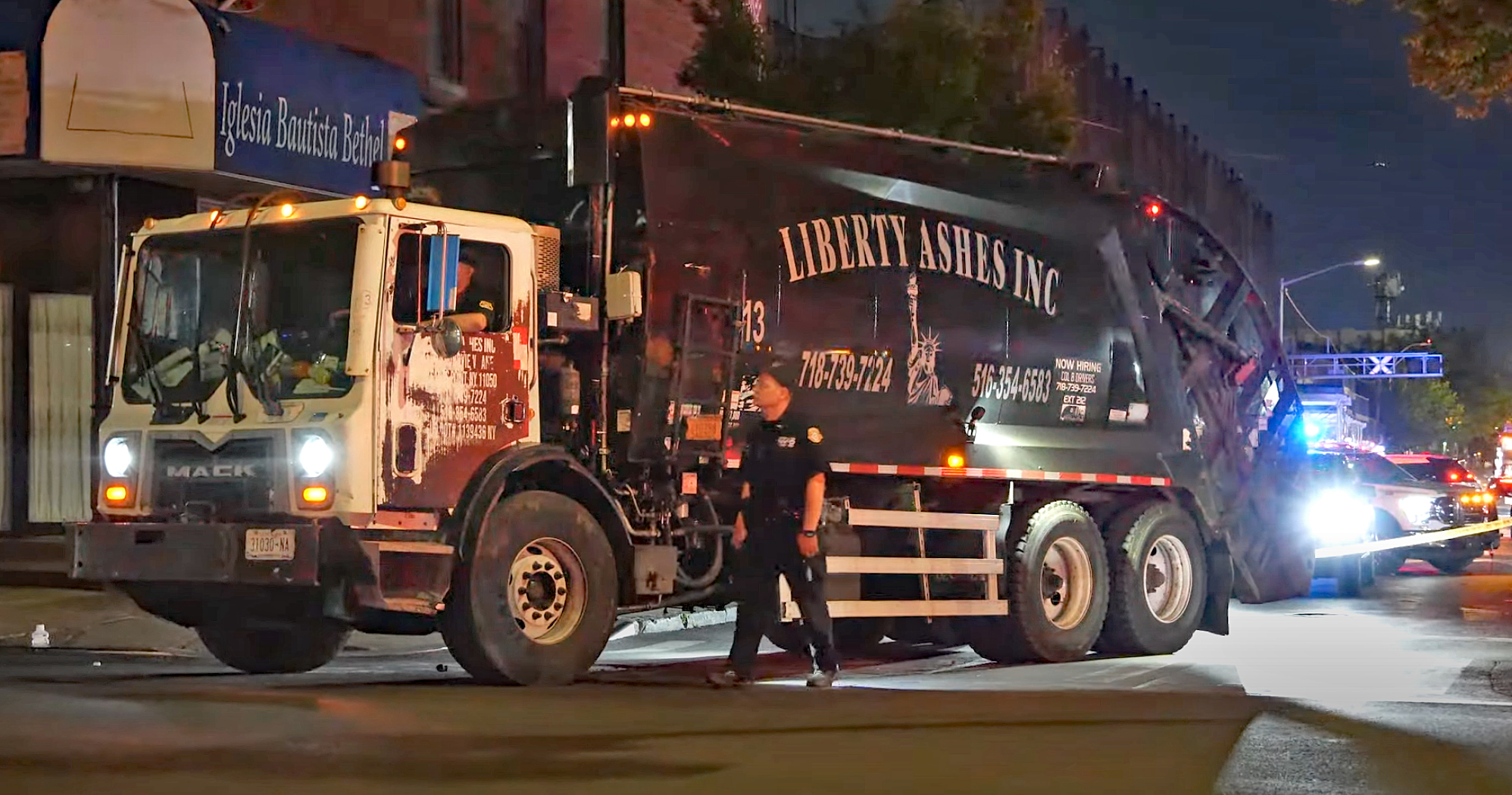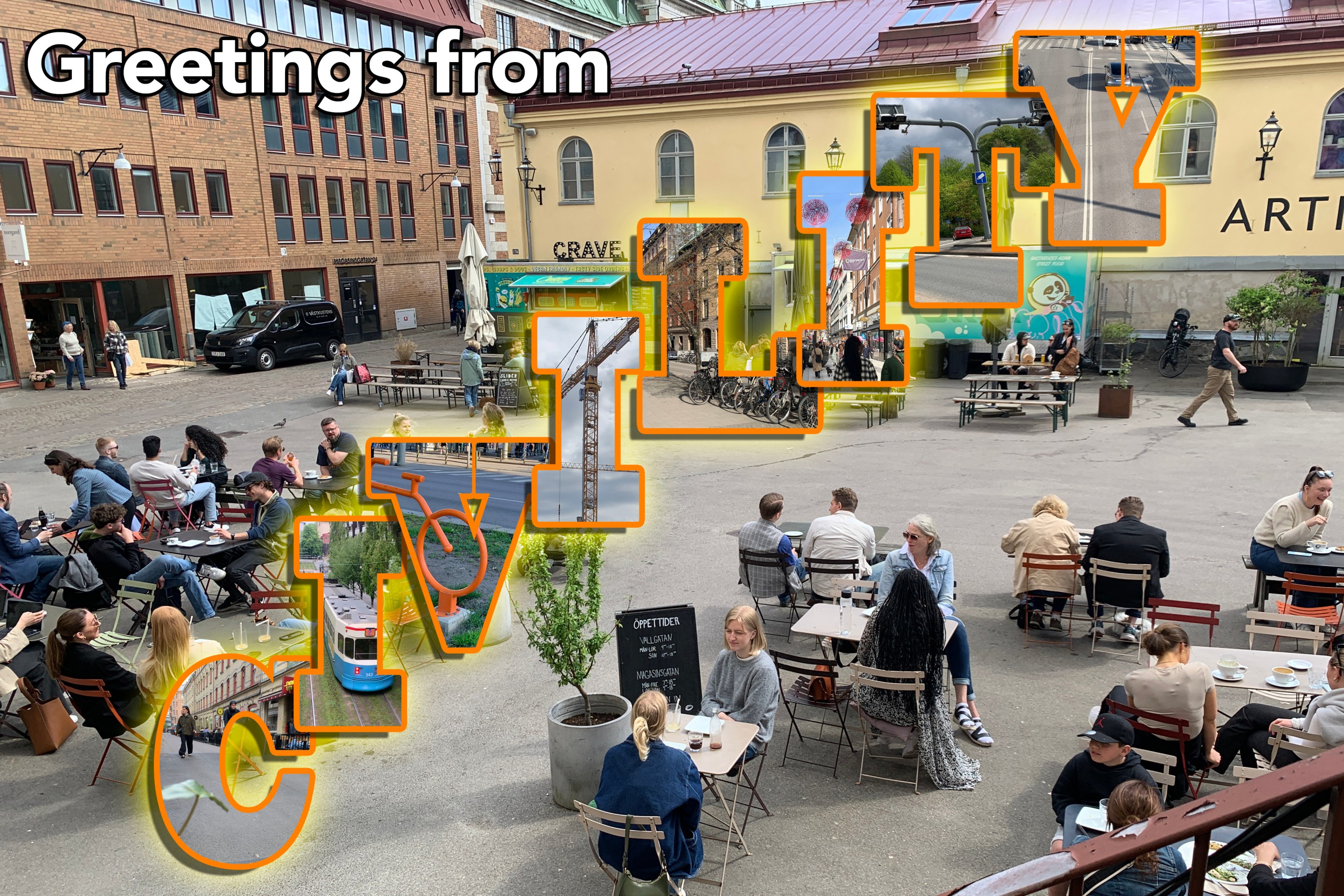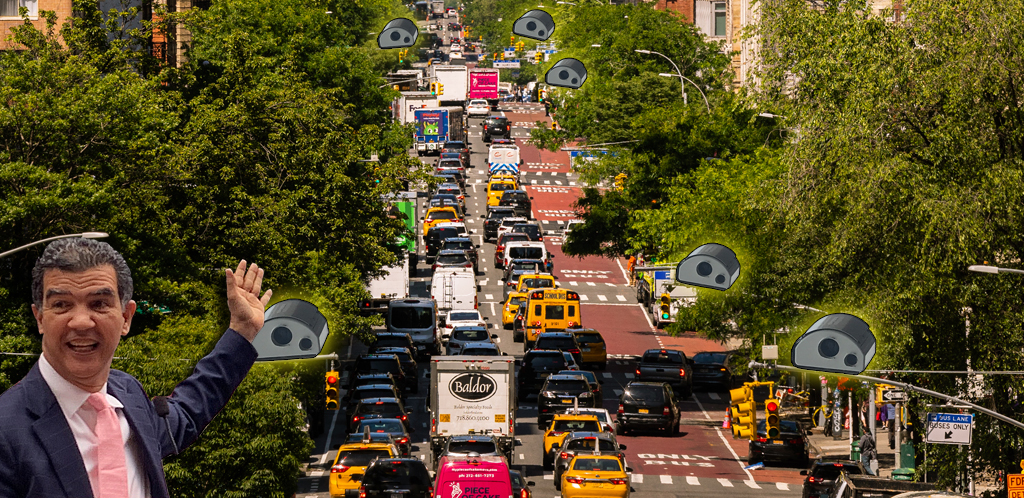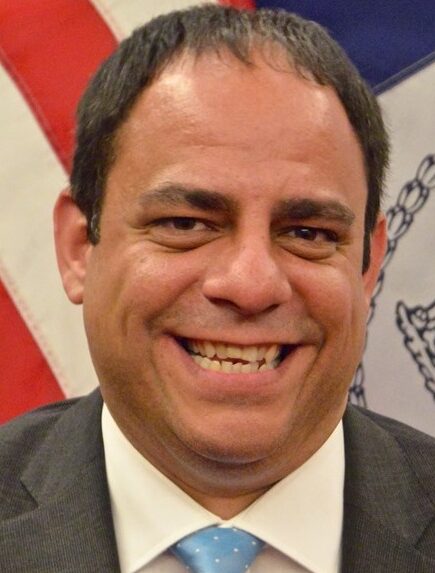
Trucks are causing a public health crisis in New York City.
Sadly, this extends far beyond roaring trucks striking down cyclists, 18 of whom died across New York City since January. The crackdown on bad drivers is commendable, but treating tickets like the answer to this burgeoning crisis is to stick a Band-Aid on a gaping wound.
New York City won’t truly be safe for both pedestrians and cyclists until we abolish the outdated policy known as the Stipulated Fine Program. It’s created a system over nearly two decades that puts all New Yorkers at risk, whether it’s trucks blocking bike lanes or toxin-filled exhaust winding its way down the street.
It’s time we end this policy for good.
The alternative is to risk backsliding on all the great work we’ve done to clean up our air. What’s the connection? This 14-year-old program lets delivery companies and others pay as little as $0 on a $115 offense if they agree not to challenge the tickets. That means there’s no incentive for drivers not to block streets, bike lanes, fire hydrants, and handicapped spots while their dirty diesel engines putter away.
I see this all the time in my district: an idling box truck you have to creep around to see if another car is coming, just to cross Ditmars Boulevard. And that’s if the truck’s soot-filled exhaust doesn’t get in your eyes.
The city made a good step forward by trying out a loading-zone pilot program in order to break the logjam. But that will only go so far if we continue to incentivize bad behavior by delivery trucks, which barely have any accountability right now for clogging our streets.
Statistically, there’s more traffic behind these trucks now than when the program first kicked off in the early 2000s. Consider Midtown, where traffic moves at a rate 21 percent slower than in 2010, when Uber was barely more than a fever dream in the minds of a few venture capitalists. Tens of thousands of for-hire vehicles have since flooded the streets — creating a gridlock so awful it’d scare Robert Moses. Our dependence on e-commerce will make getting around worse as we’re expected to roll 540 million tons of cargo — the equivalent of trucking almost 1,500 Empire State buildings — through New York City by 2045.
Sadly, not enough of us realize the human costs this traffic creates. The humming exhaust pipes standing at a standstill account for a fifth of the particulate matter in New York City’s airways every year. Better known in the science world as PM2.5, this is the worst toxin that can get in a human’s lungs. It’s the thing that makes asthma and other respiratory illnesses so dangerous. An average of 6,300 New Yorkers are hospitalized annually because their airways are affected by this airborne poison, with roughly 2,000 dying as a result.
Traffic pollution is also 50-percent more likely to hit communities of color and low-income communities, which already suffer disproportionately from asthma, COPD, and other illnesses. A single ER admission can cost $1,500.That’s a serious dent to a western Queens family living below the poverty line.
But ending the program will cost businesses significant revenues, the program’s proponents say, and trucks will just deliver elsewhere. Meanwhile, truck-induced traffic costs companies operating in the Big Apple almost $5 billion each year. And, let’s face it, the city is in a much better financial condition than when we applied the Stipulated Fine Band-aid. We’ve welcomed Google, ServeCorp, and Facebook to our city. The city survived for more than 300 years without the program, and it will again.
New York City can begin breaking its highly dangerous car culture by enacting sweeping reforms that change how we deliver goods and services. First, we can lead by example and pursue overnight deliveries where it’s appropriate. That’ll take trucks off cramped streets in central business districts during the day and, thus, reduce congestion. Second, we can end the Stipulated Fine Program and let corporations know that the Big Apple doesn’t put a price on safety. Last, we can support Speaker Corey Johnson’s bill requiring that the city take a good, hard look at its streets every five years to see what isn’t working — and fix it.
Abolishing the Stipulated Fine Program, in particular, however, is vital to improving the health of New Yorkers forced to grasp for their inhalers — and gasp for air — after merely going up a flight of stairs. Ending this relic of municipal enabling should be part of a broader push to reclaim our streets and break the destructive aspects of car culture once and for all. We owe it to the fallen to make this a reality.
Costa Constantinides represents western Queens in the City Council, where he chairs the Committee on Environmental Protection.
